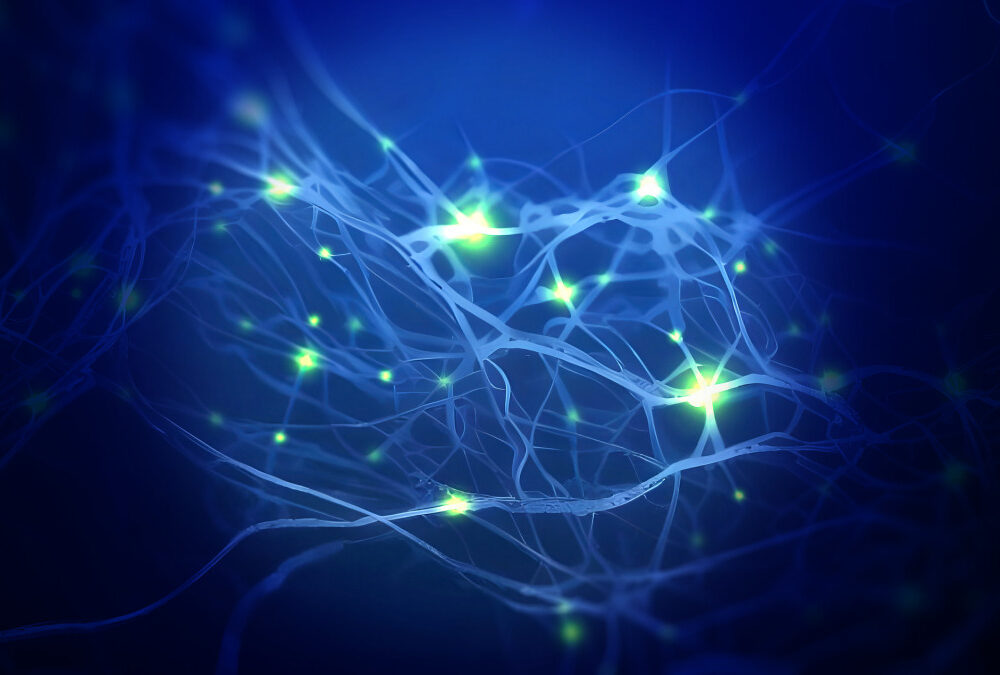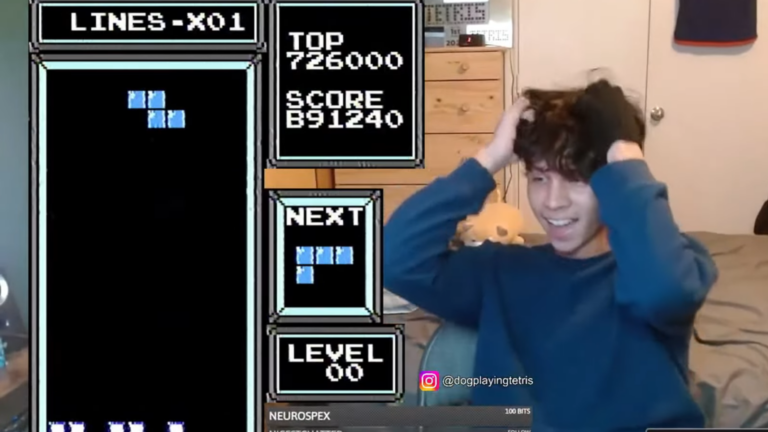Skip to content
Information all the way down
Hinton, who quit Google in 2023 to warn of AI dangers, was "flabbergasted" at the news.

On Tuesday, the Royal Swedish Academy of Sciences awarded the 2024 Nobel Prize in Physics to John J. Hopfield of Princeton University and Geoffrey E. Hinton of the University of Toronto for their foundational work in machine learning with artificial neural networks. Hinton notably captured headlines in 2023 for warning about the threat that AI superintelligence may pose to humanity. The win came as a surprise to many, including Hinton himself.
"I'm flabbergasted. I had no idea this would happen. I'm very surprised," said Hinton in a telephone call with members of the Royal Swedish Academy of Sciences during a live announcement press conference streamed to YouTube that took place this morning.
Hopfield and Hinton's research, which dates back to the early 1980s, applied principles from physics to develop methods that underpin modern machine-learning techniques. Their work has enabled computers to perform tasks such as image recognition and pattern completion, capabilities that are now ubiquitous in everyday technology.
The win is perhaps made more eye-catching because Hinton, who is often called one of the "godfathers of AI," resigned from Google in May 2023 so he could "speak freely" about potential risks from AI systems. At the time, Hinton said that the tech industry's drive to develop AI products could result in dangerous consequences, such as a threat to humanity.
"Look at how it was five years ago and how it is now," Hinton told The New York Times last year. "Take the difference and propagate it forwards. That’s scary." Since then, Hinton has continued warning about the potential dangers of AI systems that may become more intelligent than humans.
Techniques drawn from physics
The win is already turning heads on social media because it seems unusual that research in a computer science field like machine learning might win a Nobel Prize for physics. "And the 2024 Nobel Prize in Physics does not go to physics..." tweeted German physicist Sabine Hossenfelder this morning.
From the Nobel committee's point of view, the award largely derives from the fact that the two men drew from statistical models used in physics and partly from recognizing the advancements in physics research that came from using the men's neural network techniques as research tools.
Nobel committee chair Ellen Moons, a physicist at Karlstad University, Sweden, said during the announcement, "Artificial neural networks have been used to advance research across physics topics as diverse as particle physics, material science and astrophysics."
Hopfield, a 91-year-old theoretical biologist with a physics background, made a breakthrough in 1982 by developing a network that described connections between nodes as physical forces, as Nature describes in a report. His innovation, known as the Hopfield network, uses concepts from physics that describe how atomic spins behave in materials. In particular, it stores patterns as low-energy states, allowing the system to recreate images when prompted with similar patterns. This approach mimicked associative memory, resembling how the brain recalls words or concepts.
A Nobel Prize handout illustration describing neurons and artificial neurons.
A Nobel Prize handout illustration describing neurons and artificial neurons. Credit: ©Johan Jarnestad/The Royal Swedish Academy of Sciences
Hinton, who is 76, built upon Hopfield's research in the early 1980s by developing a layered version of the Hopfield network that incorporated probabilities. Hinton drew parallels to physics studies of large systems of similar elements like gas molecules. Instead of tracking individual molecules, physicists examine collective properties like pressure or temperature. The Boltzmann equation from 19th-century physics calculates the probability of different states in such systems. Hinton applied this concept to neural networks, naming his 1985 method the "Boltzmann machine," which highlighted the connection between machine learning and statistical physics. A Boltzmann machine is capable of recognizing and classifying images and generating new examples based on its training data.
The techniques pioneered by Hopfield and Hinton vastly simplify and approximate processes suspected to occur inside biological neural networks like those found inside animal brains, but they have still proved useful, underpinning much of the machine intelligence in AI fields today. Neural networks have brought automation techniques to machines that must deal with approximations and fuzzy edge cases; they must also learn from unstructured data such as giant scrapes of the Internet that let conversational chatbots such as ChatGPT look like they know everything, among many other uses.
Not their only claim to fame
It's worth noting that both of today's winners have a deep history in science that extends beyond their Nobel Prize-winning contributions. Hopfield's influence spans several fields, as his early work bridged physics, biology, and computation. Beyond the well-known Hopfield network, he made important strides in understanding how neural systems process and store information, shaping early theories on brain-like computation.
Hinton's involvement in artificial intelligence dates back to 1972, and his achievements have significantly shaped modern generative AI. In 1987, Hinton, together with David Rumelhart and Ronald J. Williams, helped bring attention to backpropagation, a key method for training neural networks that is fundamental to today's generative AI models. In 2012, Hinton collaborated with Alex Krizhevsky and future OpenAI Chief Scientist Ilya Sutskever to develop AlexNet, a pivotal innovation in computer vision and deep learning widely credited with launching the current era of generative AI. In 2018, Hinton was awarded the Turing Award—often regarded as the "Nobel Prize of Computing"—alongside Yoshua Bengio and Yann LeCun. He is often called one of the "godfathers of AI."
The men will share an 11 million Swedish kroner (about $1 million US) prize.
Benj Edwards is Ars Technica's Senior AI Reporter and founder of the site's dedicated AI beat in 2022. He's also a widely-cited tech historian. In his free time, he writes and records music, collects vintage computers, and enjoys nature. He lives in Raleigh, NC.

1. Teen achieves first NES Tetris “rebirth,” proves endless play is possible
2. Reports: China hacked Verizon and AT&T, may have accessed US wiretap systems
3. Smart TVs are like “a digital Trojan Horse” in people’s homes
4. Hurricane Milton becomes second-fastest storm to reach Category 5 status
5. Artist appeals copyright denial for prize-winning AI-generated work